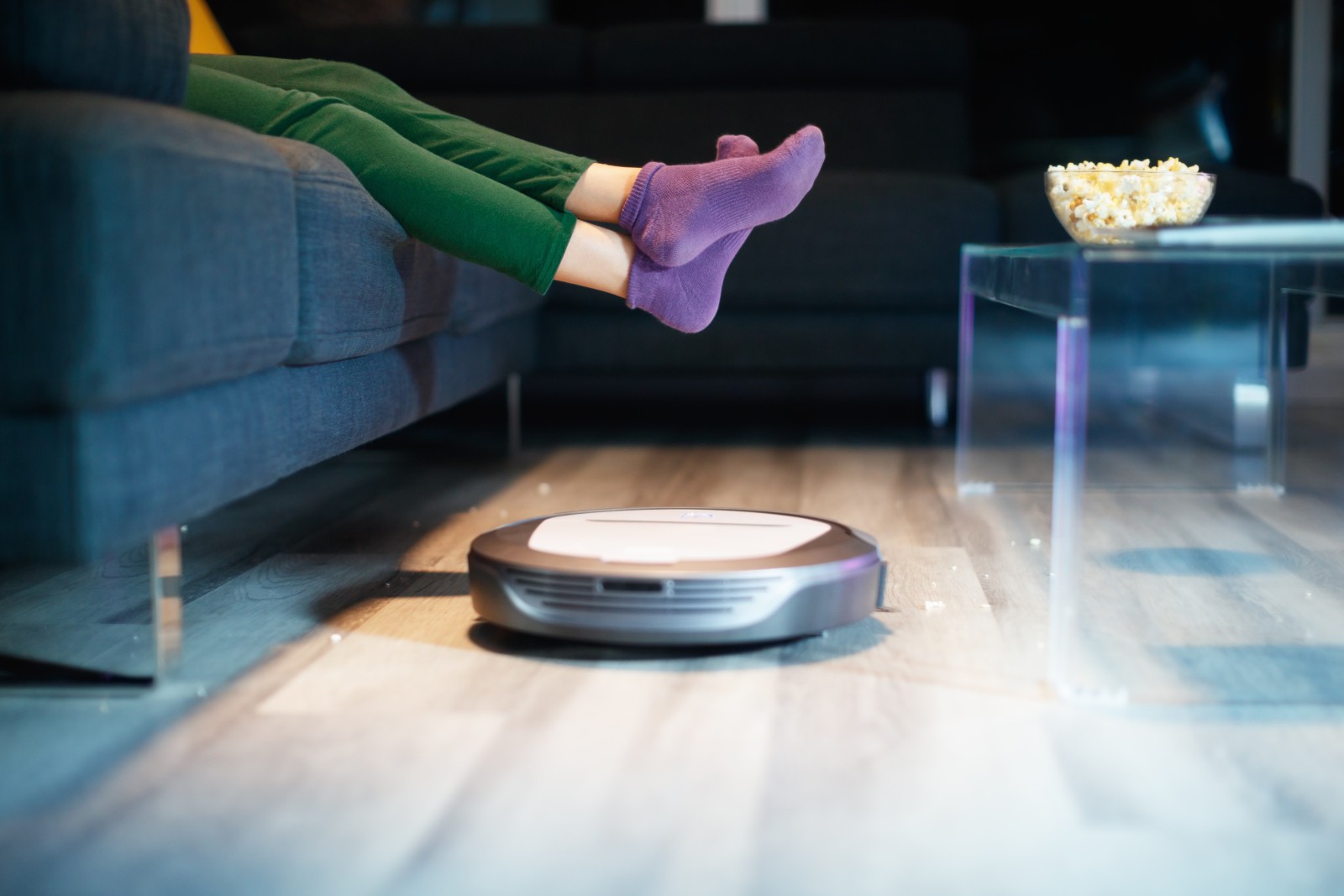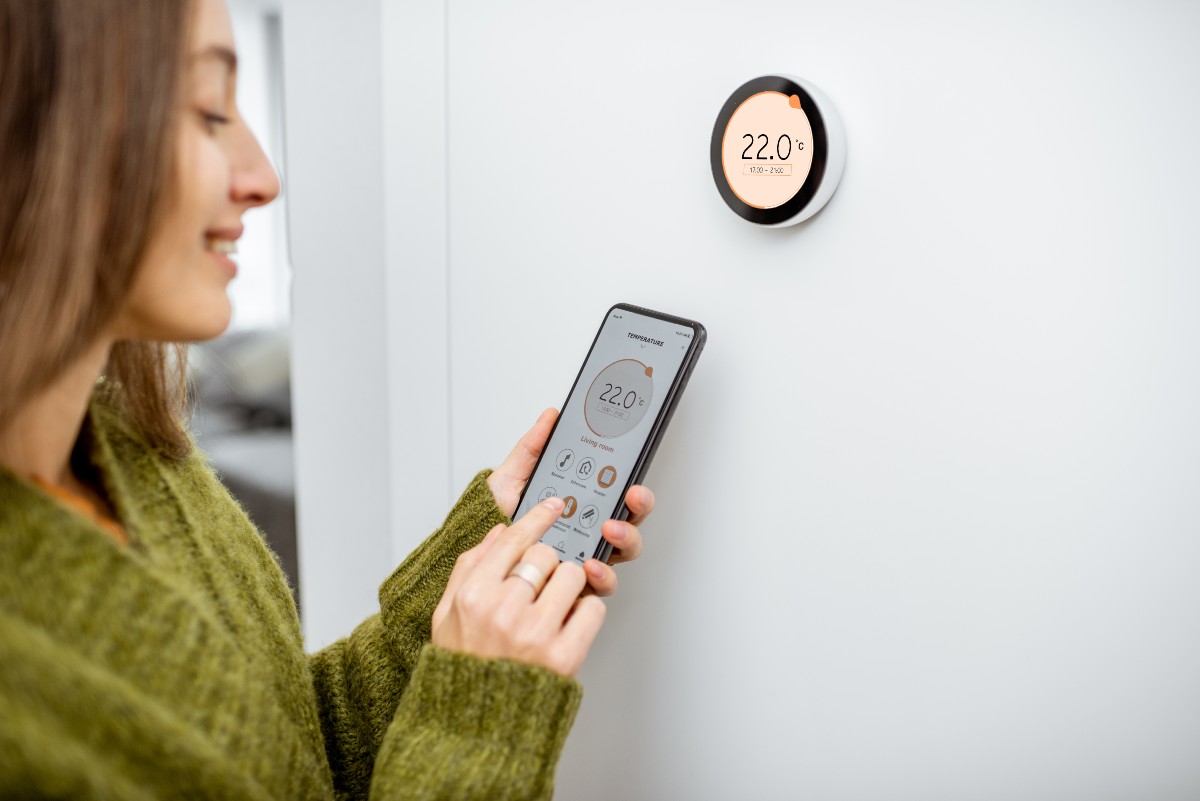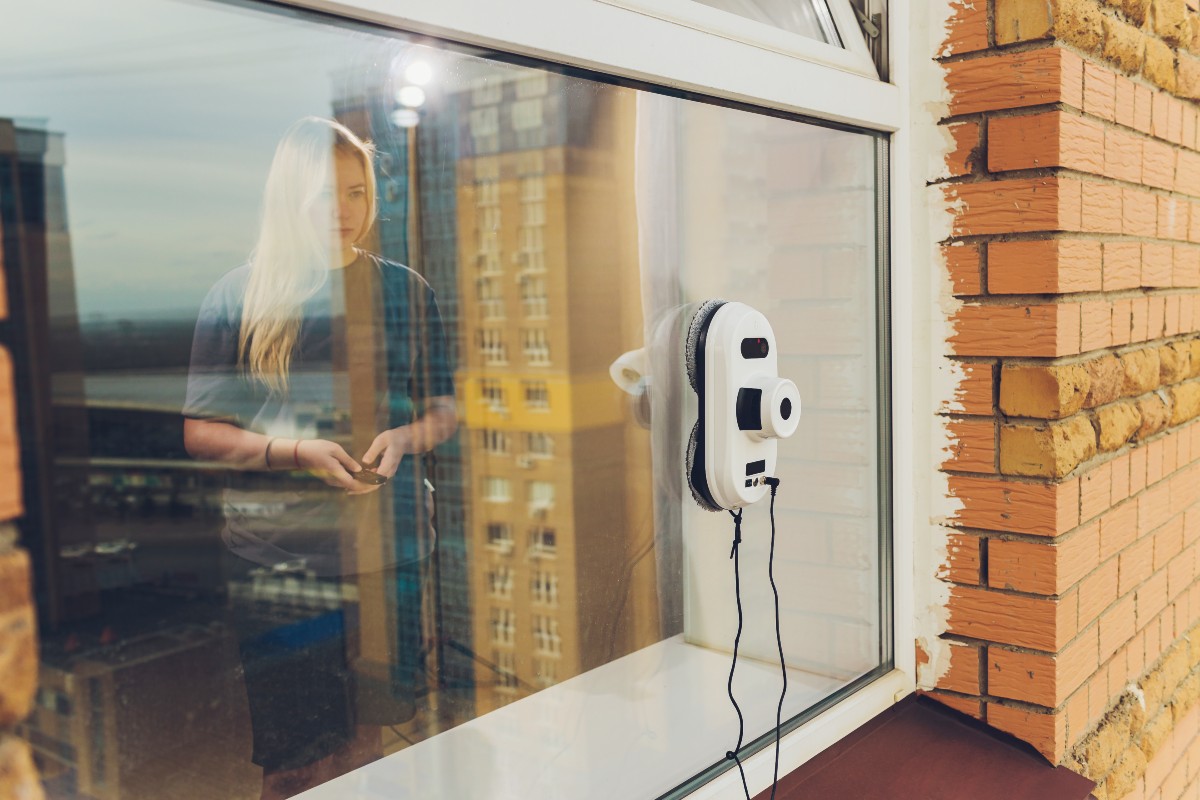Will Household Robots Become Commonplace?

Robots are becoming more common every day. They've been a central part of factories for a while, but now you can find them pretty much everywhere. Still, how long will it be before you can find them in people's homes? Household robots aren't just something you see in sci-fi movies anymore. While human-like mechanical butlers aren't quite a staple of modern life, there are quite a few home robots out there today. It wouldn't be a stretch to think they'll be an everyday sight before long.
It's difficult to say precisely when this technology will become commonplace. It hasn't fully caught on yet because there are still some roadblocks keeping them out of the mainstream. However, with modern advances like artificial intelligence (AI) — along with some social changes — we're closer than ever to seeing widespread home robots.
Today's Home Robots
It's possible you already have a robot or two in your house without knowing it. In 2018, around 9 million domestic robots shipped worldwide, but most of these aren't what you may imagine. Today's household bots are mostly machines that serve a single purpose.
Automatic vacuums are some of the most common examples. These little machines have been around for more than a decade and are part of everyday life at this point. Still, when most people talk about domestic robots, they're not referring to Roombas.
If you have a pet, you could have a robotic pet care gadget or two. You can find various automatic pet feeders or self-cleaning litter boxes on the market. These specialized robots make things easier by taking care of your pet when you’re busy.
You might own a different, smarter robot too. AI assistants like the Amazon Echo provide a level of machine-human interaction that was once a thing of fiction. These devices can even interact with other technology around the house — like your vacuum.

AI assistants aren’t the only smart home gadgets out there, either. Devices like smart lightbulbs and Wi-Fi video doorbells all automate and improve everyday tasks. With a whole system of these, you can turn your house itself into a kind of robot.

Things like robotic pool cleaners and lawn mowers are also available today. You can even find robot window cleaners, although they’re not as common as some other robots. Even if they may not be commonplace, there are already robots that can automate most household chores.

Humanoid multi-function robots, the kind you see in sci-fi, are also available today. Yet they aren't as practical as the ones in the movies — at least not yet. The RoboCup@Home, an annual domestic robot competition, shows off these automated butlers, most of which aren't graceful or fast.
Problems Facing Household Robots
Before these household robots become commonplace, the industry must deal with a few obstacles. Most notably, these complex machines are expensive. Even if we have the technology to make them a possibility, most people couldn't afford them at this point.
Household robots need to be cost-effective for most to become widely accessible. That means companies not only have to improve their technology but also figure out how to reduce prices. Finding this balance between the high-tech and the fairly-priced is one of the sector's biggest challenges.
Home robots will also need more standards before they can become commonplace. Without industry regulations, owners may buy a robot only to find it doesn't work with their other smart electronics. You can see this same issue in current devices like smart speakers. Not every product works together, which causes frustration.
Robots also need standards for safety. Without them, people may be worried about how risky a product might be. If people fear for their security or privacy, they probably won't seek out an unregulated household robot.
There's also the issue of complexity. Right now, robots are excellent at doing a few tasks far better than a person could. However, getting one to be better than a person at a variety of jobs is a challenge. To make widespread household robots a reality, companies have some work to do on the technology front.
Promising Trends in Robotics
The good news is that for every one of these challenges, solutions are beginning to surface. On average, Americans are gaining more disposable income, which means people have more spending money. If this trend continues, more people could afford robots that were once relatively expensive.
On top of people having more money, technology is becoming cheaper. These falling prices have already led to more home robot sales, so despite their challenges, these machines are already becoming widespread. As income keeps increasing and prices go down, this will only continue.
As more people become familiar with robots, concerns over technology and standards will fall away. The more devices people see and interact with, the more well-known the industry grows. As a result, it's more likely that corporations or the government will issue standards.
The same is true of the technological side of things. A growing sector means more people will put money into the research of these machines. With increased funding, robotics companies could find technical solutions faster.
The Bright Future of Robots in Homes
Technology increases at an exponential rate, so the future of widespread home robots may be nearer than you think. A concept called Moore's Law states that computing power doubles every 12 to 18 months. As a result, things like robots that rely on fast computers also improve at a similar rate.
At the current rate of advancement, domestic robots may become commonplace by ten years from now. The technology may not be close to the end goal right now, but it might get there soon. The rising popularity of these machines makes this even more of a possibility.

Depending on how you define household robots, they may already be commonplace. Single-function home devices, like Roombas and Amazon Echos, are already widespread. As for things like automated butlers, they could come to your home sooner than you'd expect.
Thanks for helping to keep our community civil!
This post is an advertisement, or vandalism. It is not useful or relevant to the current topic.
You flagged this as spam. Undo flag.Flag Post


